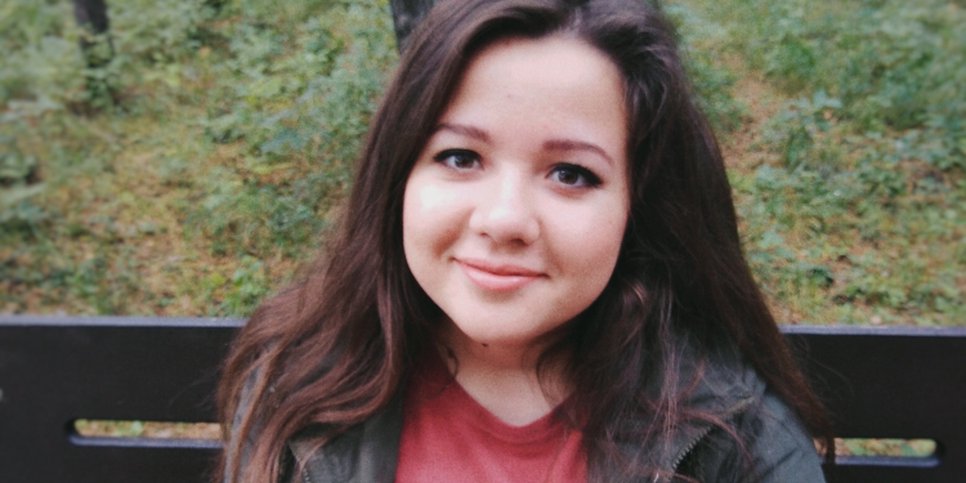Photo: 19-year-old Daria Dulova
Photo: 19-year-old Daria Dulova
In the Sverdlovsk region, a criminal case for faith was opened against a young girl and her disabled mother
Sverdlovsk RegionOn May 30, 2019, in the city of Karpinsk (Sverdlovsk region), a criminal case was initiated against 19-year-old Daria Dulova solely on religious grounds. The investigation believes that she professes the views of Jehovah's Witnesses. For the same reason, her mother has been under recognizance not to leave for a year.
According to the investigation, the 19-year-old college student, colluding with her mother and acquaintance, "continued to actively participate in the activities of the banned local religious organization of Jehovah's Witnesses" and had a "psychological impact on society." On this basis, Senior Investigator of the Investigative Department for Krasnoturinsk of the Investigative Department of the Investigative Committee of the Russian Federation, Captain of Justice V. A. Sudin opened a criminal case against Daria for participation in the activities of an extremist organization (part 2 of article 282.2 of the Criminal Code of the Russian Federation). The girl became the youngest accused in the trials against Jehovah's Witnesses in Russia at the moment.
A year earlier, on July 30, 2018, a criminal case was initiated under a similar article against Daria's mother, Venera Dulova, who has a hearing disability. Then law enforcement officers searched their apartment and subjected Darya to psychological pressure and threats. They were actively interested in whether her parents read religious literature. The case of Darya Dulova is combined with the criminal cases of Venera Dulova and Aleksandr Pryanikov, another peaceful believer who was persecuted in Karpinsk.
Persecution of Jehovah's Witnesses in Russia has recently become widespread, and law enforcement agencies are initiating cases under serious criminal articles, regardless of the age and gender of the believers. The Commissioner for Human Rights in the Russian Federation, the Human Rights Council under the President of the Russian Federation, President Putin himself, prominent public figures of Russia, the European Union External Action Service, observers of the Parliamentary Assembly of the Council of Europe, the UN Working Group on Arbitrary Detention, and the Office of the UN High Commissioner for Human Rights drew attention to this problem. The Russian government has repeatedly stated that the decisions of the Russian courts on the liquidation and prohibition of the organization of Jehovah's Witnesses "do not assess the doctrine of Jehovah's Witnesses, do not contain a restriction or prohibition to practice the above teachings individually."



